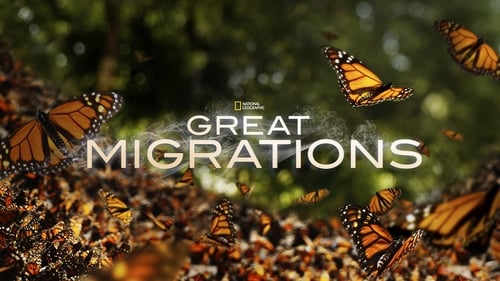T P
This is an excellent, high quality animal documentary TV mini series. There 7 part series contains 4 actual animal documentary episodes dealing with the challenges arising from their migrations (or being the reason for them in the first place): The episodes titled "Born to Move", "Need to Breed", "Race to Survive", and "Feast or Famine" present these various aspects. Each episode focuses on the stories of a handful of completely different kinds of animals in a variety of locations across the globe - the only thing they have in common is that they all travel great distances in a migratory pattern. This is the clear, cohesive theme throughout the TV series. The remaining 3 episodes are: "Behind the Scenes", "Science of Migrations", and the un-narrated summary/re-hash "Rhythm of Life".It is suitable for all ages in principle, but it does contain a few cases of predators killing other animals. In particular the crazy ants attacking the red crabs was very sad (esp. since the crazy ants are an introduced pest). Each of the migrations is treated as a story from start to end (or more aptly start of another cycle) in one episode, but the handful of stories per episode are interlaced, so it switches between them.The camera work and production values are superb - in the same category as Planet Earth. The narrator is not as good though and frequently uses US-style exaggerations and clichéd phrases (very often things are "the greatest in the world", etc.)


